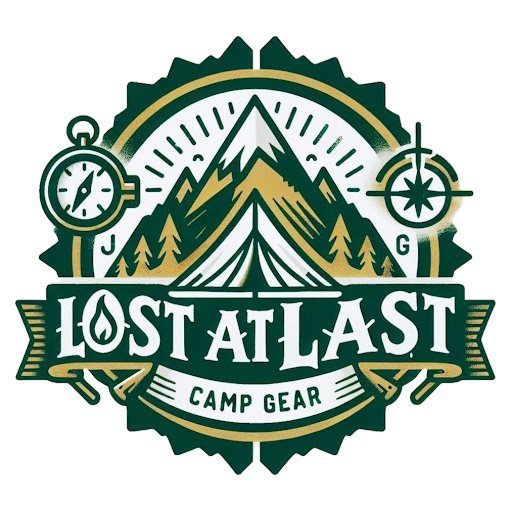
Essential Equipment for a Successful Camping Trip
Share
Essential Equipment for a Successful Camping Trip
Camping is a fantastic way to connect with nature, unwind, and create lasting memories. Whether you're a seasoned camper or a beginner, having the right equipment is crucial for a comfortable and enjoyable experience. Here's a list of essential gear you'll need for your next camping adventure.

1. Shelter and Sleeping Gear
Tent: Choose a tent that's appropriate for the number of people and the weather conditions. Look for features like waterproofing, ventilation, and ease of setup. Don't forget to bring a ground tarp to protect the tent floor.
Sleeping Bag: Select a sleeping bag rated for the temperatures you'll encounter. Consider the shape (mummy or rectangular) and insulation type (down or synthetic) based on your preferences and needs.
Sleeping Pad or Air Mattress: A sleeping pad or air mattress provides insulation and cushioning from the ground, ensuring a good night's sleep. Self-inflating pads and foam pads are popular options.
Pillow: A small camping pillow or a stuff sack filled with clothes can provide added comfort.

2. Cooking and Food Supplies
Camp Stove or Portable Grill: A camp stove or portable grill allows you to cook meals easily. Make sure to bring enough fuel for the duration of your trip.
Cookware: Pack lightweight and durable cookware, including pots, pans, utensils, and a cutting board. Don't forget a can opener and a multi-tool.
Food and Snacks: Plan your meals and bring non-perishable food items. Consider easy-to-cook options like dehydrated meals, canned goods, and trail mix.
Cooler: A cooler with ice packs is essential for keeping perishable food and drinks cold.
Water Bottles and Water Filter: Carry enough water for drinking and cooking. A water filter or purification tablets are useful if you'll be sourcing water from natural bodies.

3. Clothing and Footwear
Weather-Appropriate Clothing: Pack layers to adapt to changing weather conditions. Include moisture-wicking base layers, insulating mid-layers, and waterproof outer layers.
Footwear: Sturdy hiking boots or shoes are essential for comfort and safety. Bring extra socks and consider camp shoes for relaxing around the campsite.
Hat and Gloves: A hat provides sun protection, while gloves keep your hands warm in cooler weather.

4. Safety and Navigation
First Aid Kit: A well-stocked first aid kit is crucial for treating minor injuries and ailments. Include bandages, antiseptic wipes, pain relievers, and any personal medications.
Map and Compass or GPS: Even if you have a GPS device, a map and compass are reliable backups for navigation.
Headlamp or Flashlight: A headlamp or flashlight with extra batteries is essential for visibility at night.
Multi-Tool or Knife: A multi-tool or knife is handy for various tasks, from preparing food to making repairs.

5. Miscellaneous Essentials
Backpack: A comfortable and appropriately sized backpack is necessary for carrying your gear. Look for features like padded straps, multiple compartments, and a hydration reservoir.
Camping Chair: A lightweight and foldable camping chair provides a comfortable place to sit and relax.
Fire-Starting Supplies: Bring waterproof matches, a lighter, and fire starters to ensure you can start a campfire.
Trash Bags: Pack out all your trash to leave the campsite clean. Bring extra bags for waste and recycling.
Personal Hygiene Items: Include biodegradable soap, a small towel, toothbrush, toothpaste, and hand sanitizer.

By packing these essential items, you'll be well-prepared for a safe and enjoyable camping trip. Remember to tailor your gear to the specific conditions and activities of your adventure. Go Get Lost!
